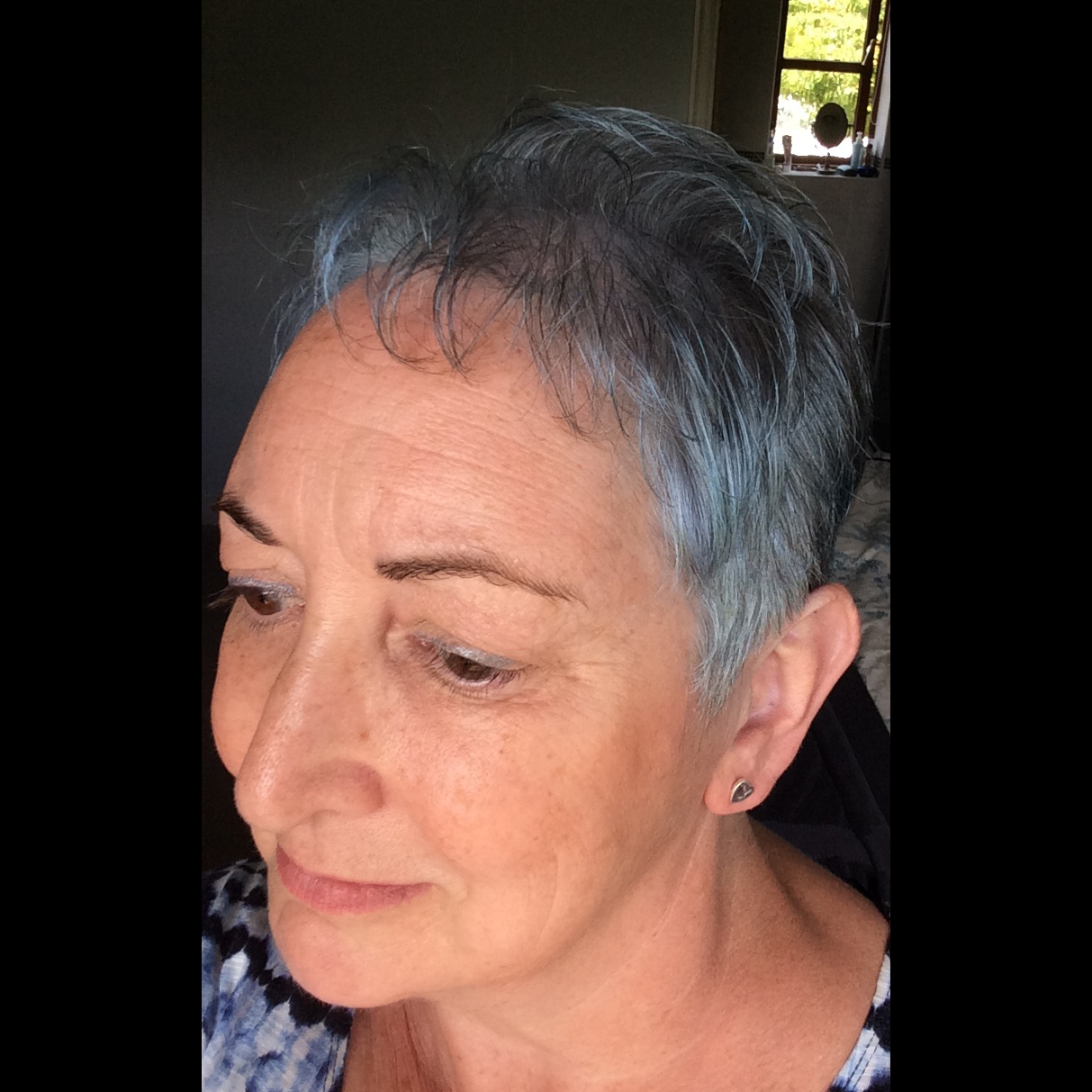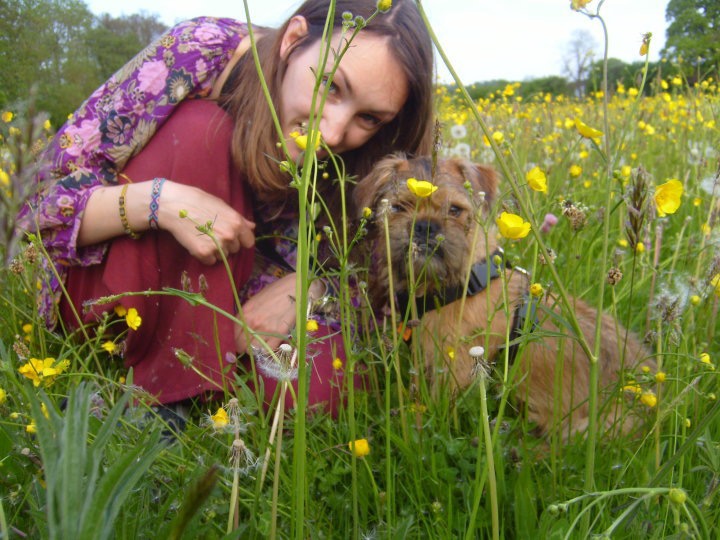Here I am again, trying to decide how much detail to go into, autism for the win! I’ll just start writing and then trust to the process and edit later if it’s too hyper-verbal. If you didn’t see my introductory post you can find it here. Tl;dr? I’m a recently, late-diagnosed, now fifty-six year old autistic woman trying to find a way to contribute to the world in a way that doesn’t damage me and is authentic. I’ve been writing for many years but always had this niggling sense of not being true to myself; of writing to suit a market, which often denied my voice. The outcome was that I dipped in and out of writing, losing momentum and motivation.
In mid-November last year, a Twitter acquaintance re-tweeted details of a competition to win a place on a play writing course for neurodiverse writers. Organised by Mainspring Arts, it was aimed at existing playwrights and the deadline for entry was looming (midnight that night if my memory serves me well). It appeared at a time when I was wondering about writing as a means of contributing and I had a growing anger at so much that is wrong with the ‘autism sector’.
I contacted the organisers to query if it had to be part of a play submitted for entry or if it could be any writing, since I had no play writing experience but was interested to learn. They said, sure, go ahead and submit another piece of writing. So, at the eleventh hour, and fairly certain it was a lost cause anyway, I sent in the application form and two short scenes from the beginning of a partly-written novel of mine.
A week later I was told I’d won a place on the programme – three x two-day workshops (all expenses paid), two x one-to-one mentoring, via Skype, from an existing playwright, and a read-through performance of the resulting ten minute plays at the Autism Arts Festival.
We’ve completed the first part – the workshops – and I’m waiting (at the time of writing) with baited breath for the mentoring.
The whole process so far, from application to sitting in a seminar room learning about many aspects of play writing, was tailored to the needs of neurodiverse people. We were asked about any specific sensory or support needs we had.
I described how I would need either handouts to read or the opportunity to make notes; my auditory processing issues mean that unless I can see the words written down, I won’t hear them very well. Related to this I would need quiet surroundings to not have auditory overwhelm.
I told them how I would need to sit at the back of the room so that there was no-one behind me. I would also need somewhere to go at breaks and lunchtime in case I needed to be alone or not feel pressured into trying to be sociable.
I also suggested a signal so that if I went into hyper-verbal mode then I would get a visual to tell me to shut up. Another important aspect was scope to ask questions if my literal interpretation of what was said didn’t make sense in the context. We were also asked if we were happy to have a dog present – I was delighted at the idea. Animals are very soothing to me.
All of these needs were met other than some kind of agreed signal for my hyper-verbal tendencies but I’m not aware that I did my pin-them-to-the-wall routine. That’s no guarantee I didn’t!
Additional things they provided included laminated cards to indicate – without needing to speak – either the need for support or to show that we did or didn’t want to work in pairs. I loved this last one because I really don’t like paired work in this kind of setting; it’s too reminiscent of being picked last in school for P.E. teams or class work. Also, the organisers scattered Tangle Toys on the desks in the seminar room and down in the social area.
They also arranged overnight accommodation for those of us from outside London – a bog-standard Travelodge, which was great because you know exactly what you’re getting. All we had to do was turn up. Ahead of the first weekend they sent us photographs of the workshop venue rooms and maps of how to get there from our accommodation. All these things helped me to be less anxious as I could prepare ahead of time.
The workshops content was wide ranging, with a different playwright for each day. Themes included, perspective and conflict, structure of plays, point of view, use of monologue, place as a stimulus of ideas, and forms that plays might take. The one that spoke most loudly to me was the one by the playwright Isley Lynn where she emphasised finding the untold or mis-told stories.
So far so good. One thing, however, that became obvious as a barrier to increased participation in play writing for me as an autistic person was seeing that play writing – assuming a play is performed – involves much more face to face contact than I’ve ever experienced in writing and publishing novels or short stories. To put on the play, the playwright needs, at the very least, to work with directors and actors. We’ve yet to get to this stage on the programme so we’ll see how that goes, probably March or April time. If nothing else, it will inform any future programmes aimed at increasing involvement in the arts for autistic people.
Next step is my mentoring. Expect to hear some more from me about that process in a few months.



